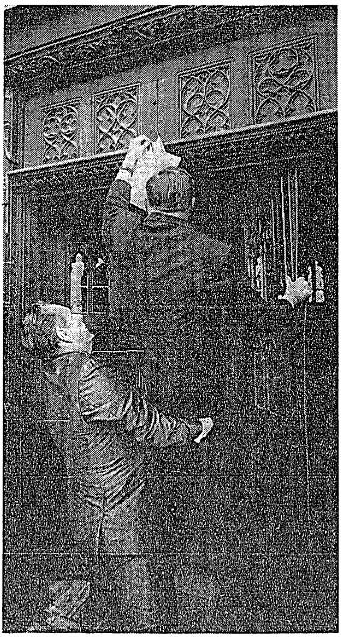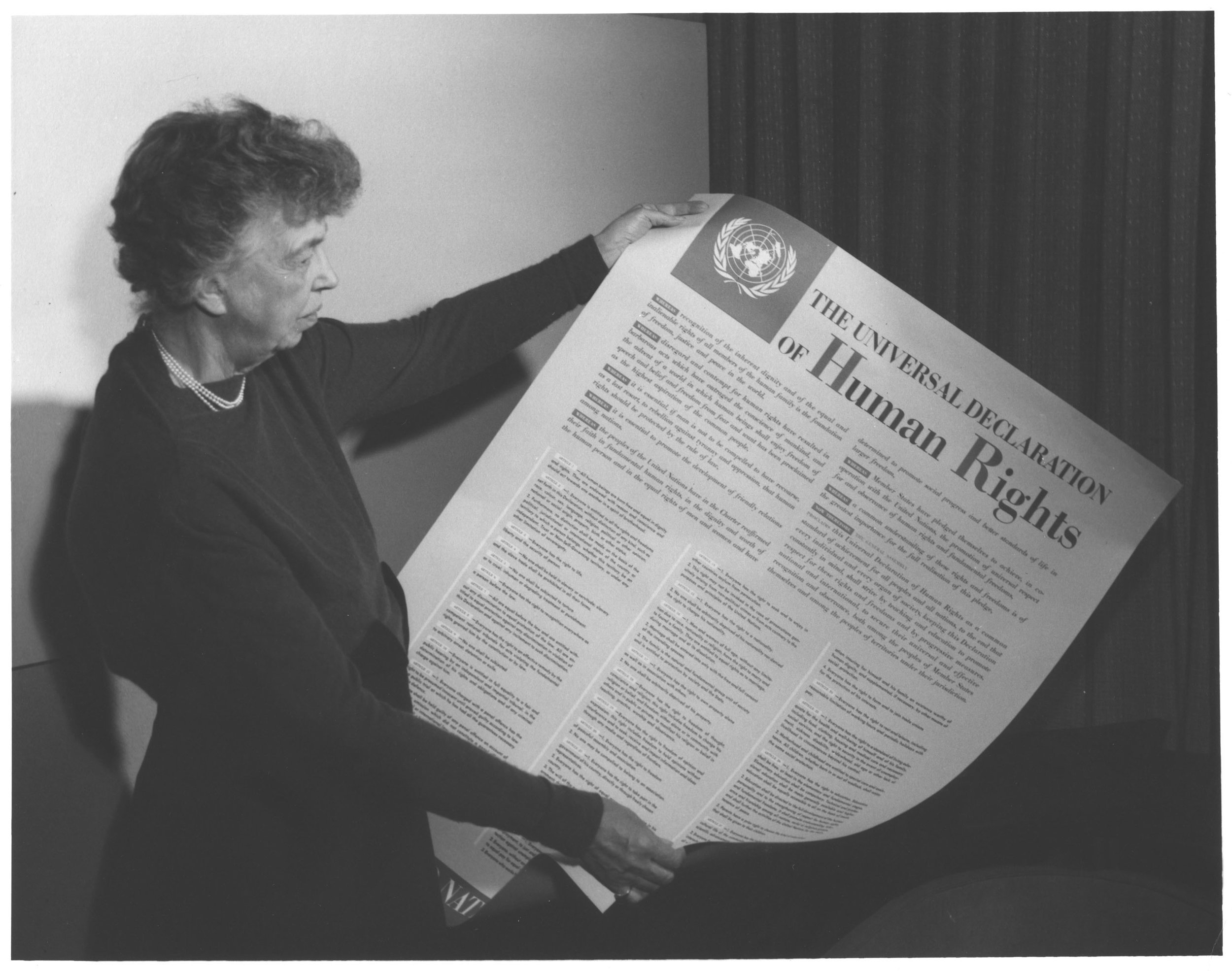Academic Writings
“The U.S. Culture Wars Abroad: The Liberal-Evangelical Rivalry and Decolonization in Southern Africa, 1968-1994” (Journal of American History)
“This article challenges the methodological nationalism implicit in the historical scholarship on the U.S. culture wars, which invariably treats national borders as the natural boundaries of inquiry. Most of the writings on the U.S. culture wars agree to a substantial extent with the nationally bounded definition offered by the Republican presidential hopeful Patrick J. Buchanan in 1992, who called it “a war . . . for the soul of America.” By contrast, this article shows that it was also a war for the soul of the world. The U.S. culture wars and the overseas controversies about colonialism and white supremacy were coconstitutive processes, driven by the rivalry between liberal and evangelical Protestants in both arenas. By broadening the geographical scope of the U.S. culture wars and interrogating the forgotten activism of the culture warriors abroad, this article challenges the mistaken assumption that the culture wars were a distinctly American phenomenon, an event sui generis.“
“For Human Rights Abroad, Against Jim Crow at Home: the Political Mobilization of American Ecumenical Protestants in the World War II Era” (Journal of American History)
“What did the Federal Council of Churches and its allies do about racism at home and human rights abroad? The 1948 list of human rights was not mere lip service to racial equality: the language appeared in court briefs filed by the FCC in efforts to desegregate churches, hospitals, universities, and denominations; in congressional testimony; and as justification for protests. In the 1940s, ecumenical Protestants began desegregating their own institutions, joining lawsuits against segregation, lobbying politicians, and helping shape the UN and the Universal Declaration of Human Rights. The FCC was involved in virtually every significant debate over racism and colonialism during the 1940s.”
“American Protestants and the Era of Anti-Racist Human Rights”(Journal of the History of Ideas)
"American ecumenical Protestants were at the forefront of developing the 1940s-era language of human rights and they shaped how these rights were understood in their country. A doctrine called “personalism,” which originated among Methodists in Boston University’s philosophy department at the turn of the century, was the most fully articulated defense of the ideas behind human rights in the ecumenical Protestant milieu during the 1940s. Over four decades, personalism was transformed into the social doctrine of human rights, as its language of “dignity,” “human family,” and the “human person” was invoked in the debates over racism and colonialism in the interwar era.”
“Demystifying the Academic Article” (Canopy Forum)
“I have long been committed to transparency as the centerpiece of my pedagogy, which means that I take students behind the scenes of the historical profession and show them how the ideas they encounter in neatly-packaged articles and books are produced. One of the ways I did this was to explain, step by step, the life of an article—from drafting to copy editing. In other words, I wanted to demystify the academic article.”



